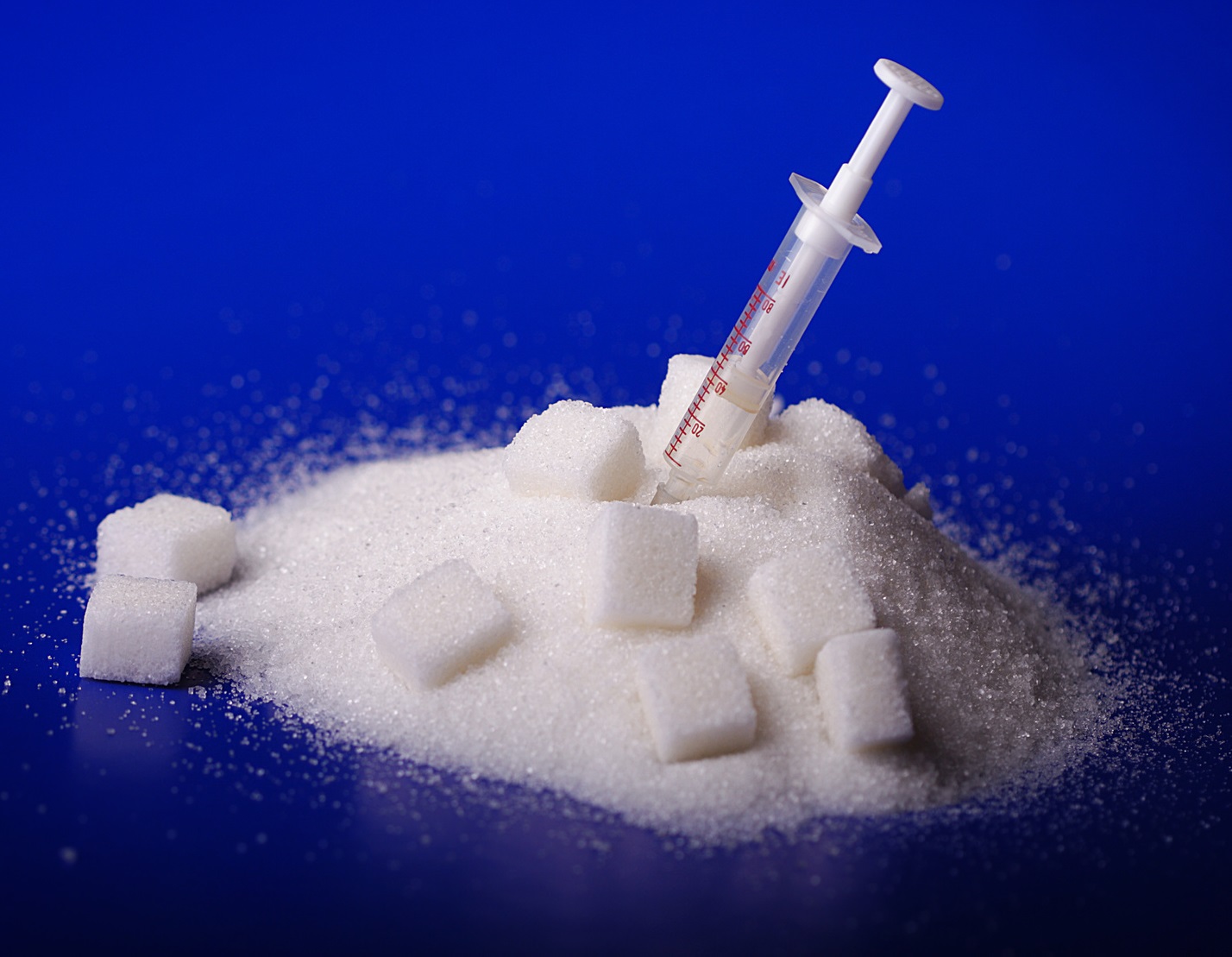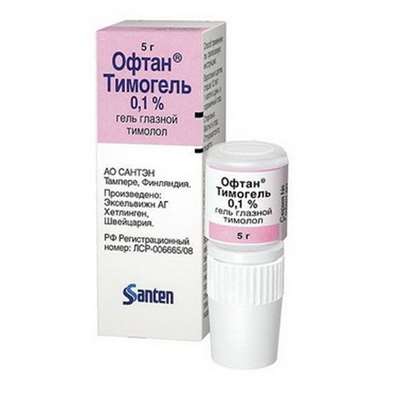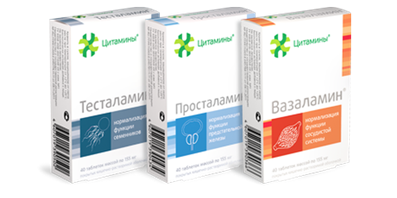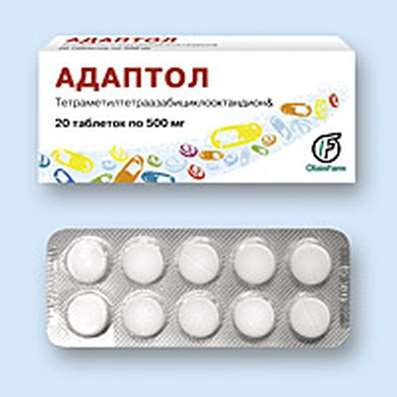Diabetes mellitus: a disease or a way of life?
24 Dec 2018
Diabetes mellitus is one of those chronic diseases that have a serious impact on all areas of human life. Diabetics need to constantly take into account the characteristics of their condition and adapt to it, because the treatment of diabetes is not limited to the timely administration of hypoglycemic drugs and compliance with a rigid diet. It all matters: shoes that a person wears, daily exercise and rest, even cosmetic products and a toothbrush have to be bought with an eye on the possible consequences of the wrong choice.
This problem becomes especially urgent when a patient with diabetes requires the purchase of a medicine or a means of care and personal hygiene. The richness of the pharmacy range and the fear of possible side effects of drugs force such buyers to seek advice from pharmacists and pharmacists.

What can pharmacy staff recommend to their visitors? Of course, if it is a question of a medicinal preparation, then the question is solved simply - there are no contraindications to the use of diabetes mellitus, so you can offer the goods to the buyer. But the modern pharmacy has not only various medications, pharmacy shelves can be found all kinds of cosmetics, medical devices, dietary supplements, phytopreparations and much more that can greatly facilitate the life of the patient with diabetes.
Glucometers
Each pharmacist, at least once in his practice, advised a diabetic about buying a glucometer, knows that working with this category of buyers is very specific. It is necessary not only to intelligently and clearly understand the principle of the device's operation, but also to convince the patient that using the tester will not bring much discomfort and will quickly become a habit. Modern high-tech glucometers are easy to operate, have an intuitive interface, are highly reliable. However, elderly patients, as well as people with newly diagnosed diabetes mellitus, it is difficult to get used to constant measurements with a new device. Especially for this group of patients, many companies issue special glucometers with step-by-step instructions and tips, a detailed menu in Russian.
But even when recommending such a device, the pharmacist will most likely have to explain to the buyer how exactly the sugar is being researched - to show why these buttons or functions are needed. To further the patient, following the prompts on the screen, was able to independently measure the level of glucose in the blood.
An important advantage of modern glucometers is a large and convenient screen, in which all the inscriptions and results are displayed in large high-definition print. This is very important for people with poor eyesight.
Regular measurement of sugar at home requires not only high accuracy of the device, but also the availability of memory that allows you to save at least 100-120 measurement results, as well as a function that displays average blood glucose values for 7, 14, 30 days. No less important is the regime in which you can automatically memorize the results of measuring blood glucose before and after meals, which will make it easier to adjust nutrition, to understand how certain foods affect blood sugar levels, and to optimize the dose and frequency of intake of hypoglycemic drugs or insulin .
Antioxidants, vitamins, microelements
Most drugs for diabetes should only be prescribed by the attending physician to avoid polypharmacy and reduce the risk of possible side effects. But nevertheless there is a certain category of remedies that a pharmacist can quite remind a patient suffering from diabetes mellitus - these are antioxidants and multivitamin complexes with microelements.
As you know, the processes of free radical oxidation in diabetes mellitus are much more active than normal. As a result, oxidative stress leads to the development of severe vascular complications - diabetic angiopathies.
Therefore, in diabetes, antioxidants are widely used - nicotinamide, lipoic acid, hemodializates Solcoseryl and Actovegin, quercetin and succinic acid, as well as some vitamins and microelements that have an antioxidant effect - A, C, E, selenium.
On vitamins with mineral components it is necessary to stop more in detail, tk. this is exactly what the pharmacist can well recommend to a patient with diabetes for self-administration.
The need for some vitamins in diabetics is higher than in healthy people. And what is especially important, with diabetes is almost no seasonal vitamin deficiency. All this forces the patient to regularly take multivitamin complexes, which have to be chosen taking into account all the features of the disease.
The first thing you need to focus on is the lack of sugar and sweeteners in the recommended preparation, as well as the optimal dosage of the components, which, taking into account the food received, must fully provide the necessary daily allowance. And, of course, the composition of multivitamins should match the needs of the patient.
So, most often people suffering from diabetes, prescribed drugs that include vitamins B, E, A, ascorbic and folic acid, zinc, chromium, selenium.
Vitamins E and A make it possible to compensate for the negative consequences of high blood glucose levels, support visual function, play a crucial role in maintaining the health of the skin and mucous membranes, and maintaining the protective abilities of the immune system.
B vitamins are necessary for the regulation of all kinds of metabolism, as well as the work of the central and peripheral nervous system: they prevent the development of diabetic neuropathy, protect against damage to pancreatic cells and activate insulin production, promote the rapid healing of microtraumas of the skin and mucous membranes.
Ascorbic acid also serves as an antioxidant, restores the structure of the vascular wall, suppresses inflammatory processes, strengthens the immune system and speeds up the regeneration of tissues.
Zinc is necessary for the regulation of blood sugar levels, as well as the work of the immune system. Selenium prevents the formation of free radicals inside the cell. Chromium contributes to the synthesis of insulin and increases the sensitivity of cells to it.
Antiseptics and care products
Another important problem in diabetes mellitus is a violation of the skin: a decrease in local immunity, a change in lipid mantle, nutrition and blood supply, slowing healing processes, etc. All this makes very important the issues of personal hygiene and skin care. Close attention to diabetes requires foot care, especially feet.
Today, pharmacies can offer their customers a variety of different creams and gels that have moisturizing, anti-inflammatory, antiseptic and wound-healing effects.
In addition, you can advise the patient antiseptic drugs based on chlorhexidine, Dioxydin, Lavasept, Yodopirone and Jodovidone. When cracks appear on the feet, in addition to the antiseptic solution, you can use creams and patches with a similar effect.
Do not use alcohol solutions (including a solution of brilliant green and cologne), hydrogen peroxide and a solution of "manganese" for disinfection. It is also not recommended to use corn patches and other means for chemical elimination of corns and coarsened skin of feet.
Phytomedication
Phytotherapy in diabetes mellitus has always been very widely used. Of course, medicinal herbs can not replace insulin preparations or sugar-reducing drugs, but their use as additional treatments can significantly improve the patient's condition and facilitate the normalization of blood glucose. In addition, phytopreparations can be prescribed for the prevention and treatment of complications of diabetes mellitus.
We list only some of the most popular medicinal plants and indications for their use.
- Aloe dendritic: external preparations for the treatment of inflammatory processes on the skin, acceleration of healing of wounds and ulcers.
- Black elderberry: broth and infusion of young shoots used for washing and baths for skin infections and inflammations.
- Blueberries: berries and leaves in fresh form and in broths help normalize carbohydrate metabolism and have a hypoglycemic effect.
- Walnut: fruits and infusion of leaves or partitions have a hypoglycemic effect, improve the condition of the vascular wall.
- Glega medicinal: infusions and broths have insulin-like action.
- Stinging nettle: broth and infusion of leaves stimulates the formation of insulin.
- Burdock: a decoction of the root is used externally and inward - for the treatment of inflammatory skin diseases and the normalization of metabolism.
- Dandelion medicinal: contains inulin - an insulin-like substance.
- Yarrow: medicinal preparations: external preparations possess fine wound-healing, anti-inflammatory and antiseptic action.
- Common beans: broth of leaflets (pods) has a pronounced hypoglycemic effect.
In addition, preparations based on blueberries, sage, chicory, Jerusalem artichoke, schisandra can be recommended.

 Cart
Cart





